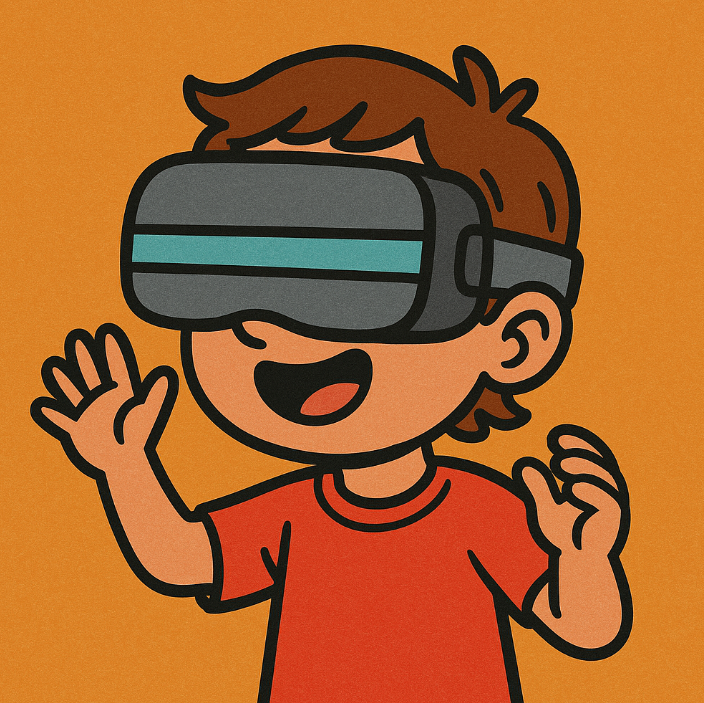
The Role of Virtual Reality in Schools” Enhancing Emotional and Cognitive Development
Virtual Reality (VR) is no longer a futuristic concept; it is increasingly becoming a part of various educational settings, offering innovative ways to engage students. Recently, VR has been gaining attention for its potential applications in school psychology, particularly in supporting children’s emotional and cognitive development.
Understanding Virtual Reality and Its Benefits
Virtual Reality is an immersive technology that allows users to experience and interact with a 3D environment. In the context of education and psychology, VR can simulate real-world scenarios and provide tailor-made learning experiences that are both engaging and educational.
The Impact of VR on Child Development
Cognitive Advancement
VR can be a powerful tool in enhancing cognitive skills among children. According to a study published in the Journal of Applied Developmental Psychology, VR can improve children’s inhibitory control, social compliance, and sharing among peers, which are crucial skills for cognitive and social development in early childhood.
Emotional and Psychological Benefits
Children receiving treatment for illnesses such as cancer have shown psychological benefits from VR experiences. A study detailed in PubMed found that VR interventions can significantly improve mood, reducing anxiety and fear during treatment, which suggests the technology’s effectiveness in emotional regulation and psychological well-being.
VR as a Therapeutic and Educational Tool
Therapeutic Interventions
VR can assist in therapeutic settings, particularly for children with autism who struggle with emotion management and executive functions. Research highlighted in PubMed points to VR’s role in helping these children improve their emotional regulation, providing an interactive and engaging form of therapy.
Educational Applications
Educators can use VR to create simulations that replicate challenging emotional and social situations, allowing students to practice responses in a controlled environment. This is particularly beneficial for developing empathy and social understanding among students.
Addressing Concerns: The Ethical and Health Implications of VR
While VR offers numerous benefits, it is essential to address its potential risks. Concerns about prolonged VR exposure include physical issues like eye strain and cognitive impacts highlighted in articles from Nature. Additionally, ethical considerations regarding data privacy and the nuanced nature of interactions in VR environments require careful thought and regulation.
Conclusion: Moving Forward with VR in School Psychology
The integration of VR into educational and psychological practices presents an exciting frontier in school psychology. By addressing potential health and ethical concerns, educators and psychologists can harness VR’s potential to support the holistic development of children, using this innovative technology to enhance learning experiences and emotional well-being.
